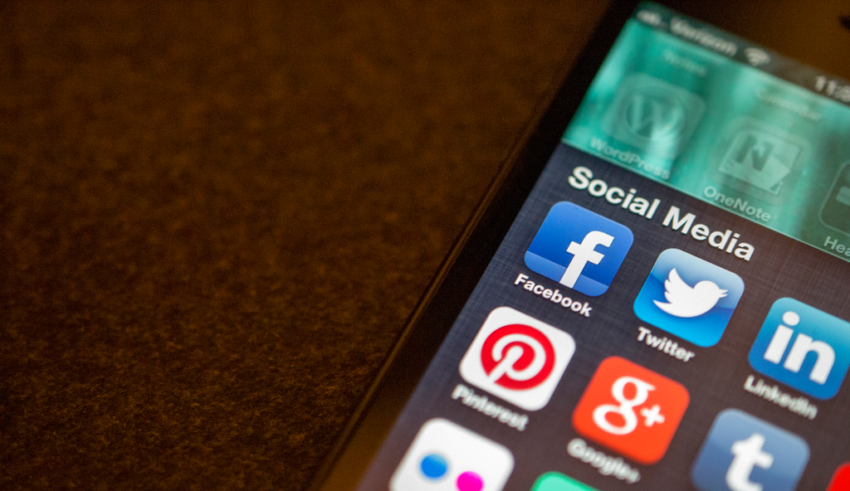
The social media and online platforms have turned into the new political arena of the 21st century: the debates held traditionally in town halls, in Parliaments, or in other traditional spaces, are now leaving space for online types of engagements among citizens and high political stakeholders. If one side, the advent of digitalization has revolutionized politics making it more transparent, as no information can be hidden anymore, it cannot be denied that it has become increasingly easy to manipulate data and to distort reality through the use of AI.
From a political point of view, the situation has started to change following the so-called CNN effect a product of new communication technologies and globalization, that shapes both the public and the government sphere. Public opinion has become more relevant than ever, able to shift national interests, while the circulation of real-time news clearly more pressures politicians, which have to deal with a 24/7 press. The instant flux of information generated by new global broadcaster agencies has reduced the reaction timing of politicians, who are forced to respond to any relevant national and foreign issue covered by journalists and to adopt policies that weren’t on the national agenda. Citizens are therefore more inclined to follow politics and their representatives, as they have access to past and present data related to a specific party, stakeholder, or government.
By being informed regularly, digitalization has certainly created a more transparent type of politics, where citizens are engaged more and more, and they can directly interact with politicians. An example can be found in Twiplomacy, which refers to the modernization of public diplomacy conducted on Twitter (now X), and that has become of public dominion. As of 2020, 98% of global government members of the UN had an account on the social media platform, sharing daily content and updates of their country. The Internet has also made clear that nothing can be hidden anymore, from decades old scandalous, that can be brought up and used against politicians’ images during current electoral campaigns to shape public support, to the share of inconvenient news, which can have consequences or can be difficult to handle. Let’s just think about WikiLeaks, which in 2010 hacked and then published diplomatic cables sent between the US capital and its embassies around the world, containing confidential and secret information. The scandal made clear to diplomats that in the digital age secrets are hard to keep, and cyber espionage can complicate, or destroy, the international reputation of a state.
As for online political strategies, politicians have started using social media like TikTok and Instagram as a way to attract younger generations into politics and to invite them to vote. As youth is experiencing a general decrease of interest in the political sphere, but also a major lack of trust, I find it extremely important to catch their attention on unconventional platforms for political speeches. By doing so, politicians can get the chance to express themselves to a big portion of voters, but also they have the opportunity to become viral for a post, reaching the major goal of being known, even across national borders sometimes. Moreover, social media can be used to amplify the voice and struggle of minority groups, which now share the same space as political leaders and all other citizens, and, if heard by social media users, and turn viral, they can shape the national agenda and push politicians to act, thanks to the social pressure that can erase online. This mechanism clearly makes politics more democratic, allowing all citizens to express themselves, to be heard, and potentially to change things.
Nevertheless, as young people, but also older ones, are easy to attract via online platforms, they are also easy to be manipulated through fake news, which can influence elections, create political instability, and fuel social divisions. Taking as an example the online misinformation campaign on COVID-19, including fake cures and conspiracy theories, citizens risked their lives because manipulated by fake news, increasing distrust and fear in political organs that were pushing for the vaccine, but also creating a social gap among citizens that did or did not believe in science and into the invisible pandemic.
Also, the potentially problematic nature of AI-generated content will make it easier to spread misinformation and create never-exìsted pictures, audio, and short videos, that can damage the individual reputation but also interfere with a sense of reality of citizens, which will not know what to believe anymore.
In conclusion, as digitalization of politics can shed a light on leaders’ weaknesses, it can also heighten their strengths and make them gain popularity, especially among youth. Despite the ethical problems that arise from the creation of fake content through AI, and the danger of misinformation campaigns as it happened during COVID-19, online platforms certainly are making political processes more democratic and transparent. Secrets are hard to be kept, and easy to spread around. Citizens have to opportunity to directly interact with politicians, to follow their diplomatic actions with foreign ministers, but also to shift national interest into a particular topic, reaching mediatic attention potentially on a global scale. This put citizens and political stakeholders on the same level, breaking the traditional barrier between politics and civilians, becoming therefore more democratic and transparent.
By The European Institute for International Relations















